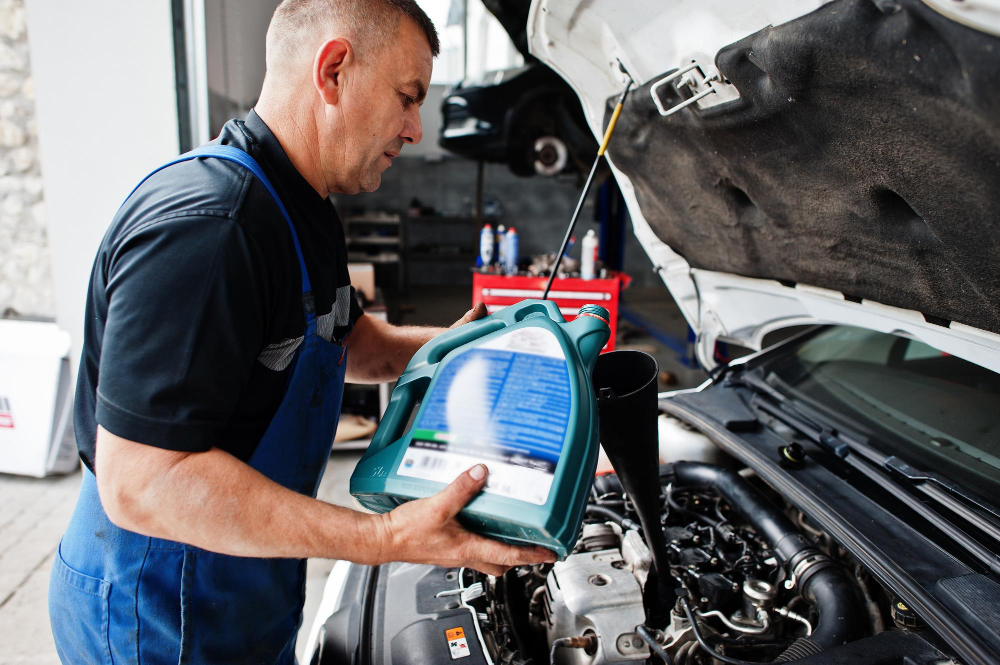Know Before You Choose! What is Engine Oil Viscosity?

(Photo Credit: freepik)
When choosing engine oil, you can't rely solely on the brand. You also need to understand the oil's viscosity rating.
If you choose the wrong oil or one that's not suitable for your car, it could directly harm the internal engine components.
What is Engine Oil Viscosity?
If you look at various brands and types of engine oil, you'll notice a set of numbers on each gallon, such as SAE 0W-20 or SAE 5W-30. These numbers represent the oil's viscosity rating.
Understanding Engine Oil Viscosity Numbers
You need to understand the two sets of numbers on the oil label: those before and after the "W" (Winter Grade).
- The number before the "W" indicates the oil's flow characteristics at low temperatures. This number helps determine if the oil is suitable for vehicles operating in cold climates or cities with low temperatures, ensuring the oil doesn’t become too thick or solidify. The lower the number before the "W," the better the oil can handle low temperatures. Here are the levels:
- 0W: Remains fluid at temperatures below -30°C without solidifying.
- 5W: Remains fluid at temperatures down to -30°C without solidifying.
- 15W: Remains fluid at temperatures down to -10°C without solidifying.
- 20W: Remains fluid at temperatures down to 0°C without solidifying.
- The number after the "W" indicates the oil's viscosity at high temperatures, reflecting its ability to lubricate the engine effectively. The higher the number after the "W," the thicker the oil, which provides better protection at higher temperatures. In the market, you can find viscosity ratings ranging from 5, 10, 20, 30, 40, 50, and 60.4o mini
If you have a small car, a new car, or a turbocharged engine that's relatively new, it's recommended to use engine oil with a viscosity rating of 20 or 30. This type of oil flows quickly to lubricate the engine components and effectively dissipates heat.
For older vehicles or those subjected to heavy use, it's better to use engine oil with a viscosity rating of 40. This oil has a thicker and more viscous lubricating film, which provides better protection for the engine at both low and high speeds and helps prevent oil leaks.
Therefore, it's important to choose the right viscosity of engine oil based on your vehicle’s usage and engine type to ensure optimal performance and extend the engine's lifespan.
Claim your free car valuation today!
Read More: If you want your car to drive more smoothly, what should you do?
Looking for a car appraisal? You can contact us for a free car valuation within 24 hours…
